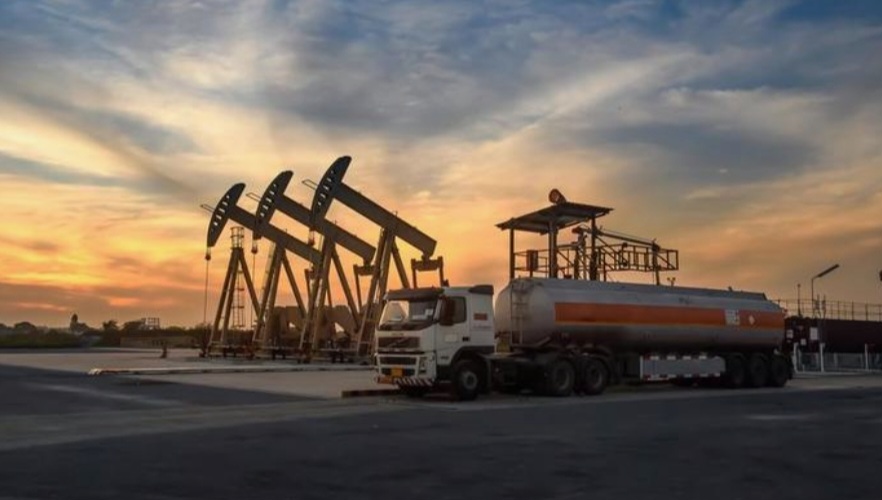By: Patted Shamanth, GSDN

Afghanistan-centric geopolitical focus began soon after the 9/11 attacks in 2001 on USA which shook the entire world as for the first time a superpower had been attacked in such a mammoth manner.
The United States and the Taliban signed an agreement on the withdrawal of the forces from Afghanistan on February 29, 2020 for the Taliban to take over power in Afghanistan and form a government. During the course of the power shift in the hands of the Taliban, many nations including India engaged with the actors of the Taliban through the backchannel for the safety assurance of their citizens who decided to flee from Afghanistan. This was the first stepping footprint of Taliban government’s legitimacy in the international order. Though no nation recognises the Taliban government but invariably many are having relations with Afghanistan in some form or the other due to the change in geopolitics.
Taliban has found itself in a vulnerable and unstable position since rising to power with regard to significant economic developments. The Taliban-led government has managed to strike an oil deal with China that was signed on January 06, 2023 between the acting Minister of Mines and Petroleum Sheikh Shahabuddin and an official of Xinjiang Central Asia Petroleum and Gas Co (CAPEIC), marking the first major public commodities extraction deal by the Taliban administration since coming to power in 2021.
The deal also paved the path for another Chinese state-owned company to engage with the Taliban-led administration over the operation of a copper mine (Mes Aynak) copper deposit near Kabul, following a $3 billion, 30-year agreement signed under the previous government in 2008. Similarly, the first-of-a-kind deal dates back to 2011 when the Hamid Karzai-led government signed a similar deal with CNPC (China National Petroleum Corporation), that allowed CNPC to develop oil blocks in the Amu Darya basin, the basin could support up to 87 million barrels of crude oil at the time, and it was anticipated that Afghanistan could produce 25,000 barrels a day by the end of 2013.
In the foreground, the 2023 deal allows the Chinese company to access the oil from an area covering 4,500 square kilometres collectively in northern Sar-e-Pul, Jawzjan, and Faryab provinces and the provisions of the deal talks about Taliban administration to be a 20% partner. This share will increase to 75% and around 3,000 Afghans will get employment. The oil will be processed in Afghanistan and the deal will be terminated automatically if CAPEIC fails to meet its material obligations within a year. However, on the contrary, the company to invest US$150 million a year which would increase to US$ 540 million in three years for the 25-year contract.
The successful and smooth implementation of this deal could be a game changer for the Taliban-led government and could possibly attract many other states who vest their interest in the estimated untapped resources of more than US$ 1 trillion in Afghanistan, which could further open up a channel for diplomacy and to build their legitimacy.
And in case this deal fails then China will join the list of nations like USA, Russia and Pakistan who have experienced defeat in Afghanistan in any of their ventures or adventures.

